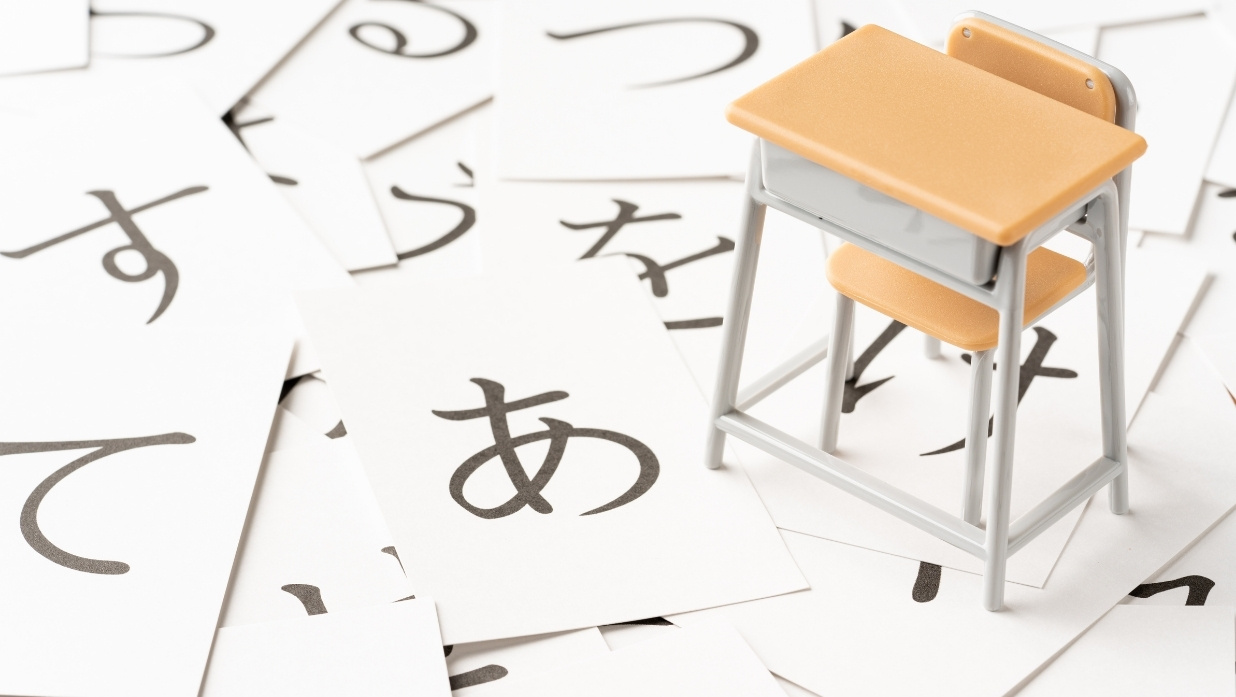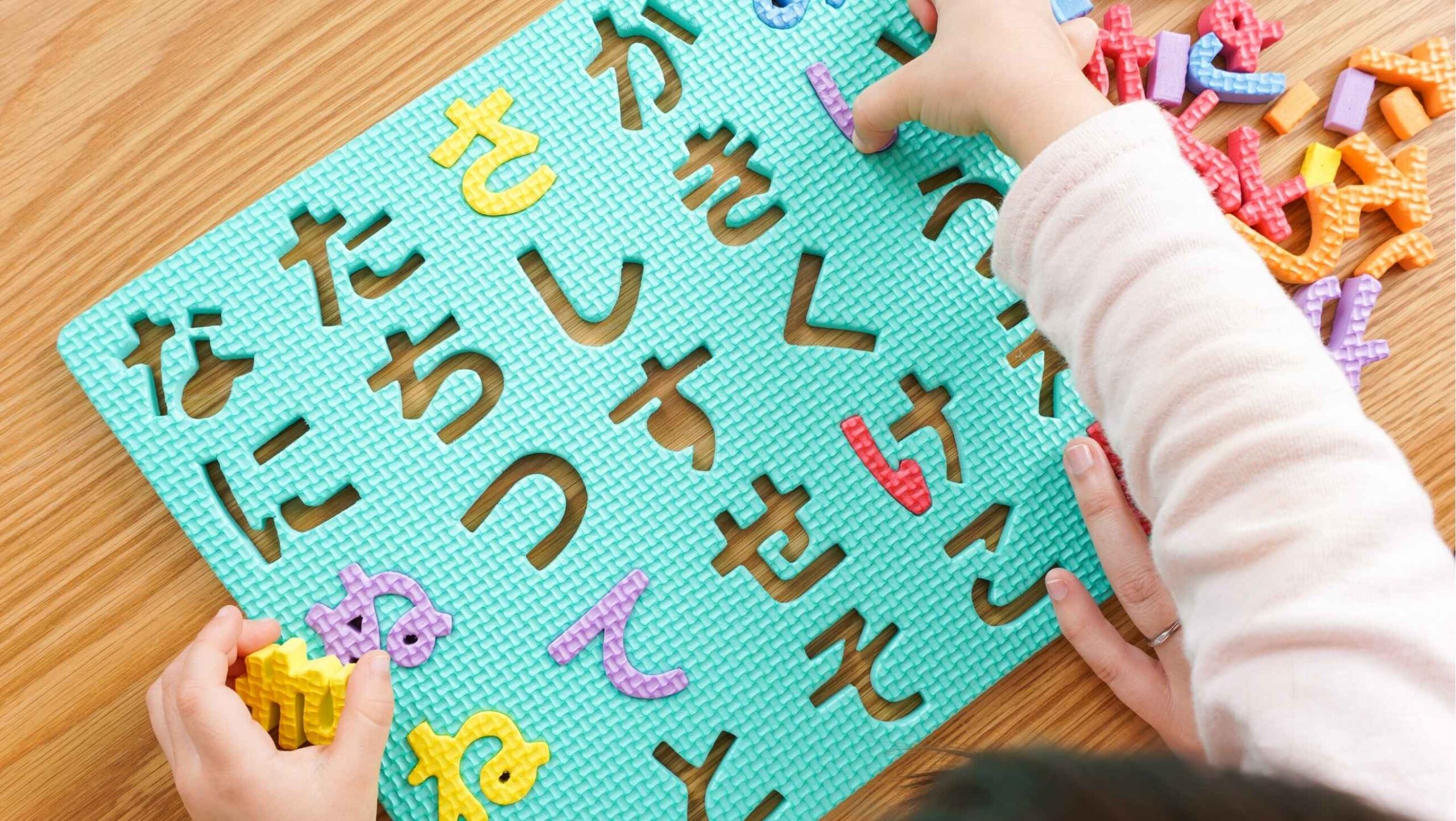Home / Japanese Study / Page 2
Learning Japanese can feel overwhelming at first, but mastering basic greetings and essential vocabulary is a great way to ease into your studies. Whether you’re planning a trip to Japan, interacting with Japanese speakers, or just curious about the language, these words and phrases will help you build a solid foundation. But what are the […]

From double entendres, puns, paraprosdokians, spoonerisms, and more, adding wordplay, or kotoba asobi (言葉遊び), to your Japanese repertoire will spice up your language and express more of your sense of humor and personality. We naturally use play on words to tell jokes and have fun when speaking with our friends. And Japanese is no different. […]

What is your name in Japanese? Use this Japanese name generator to find out how to say your name in Japanese.

Want to learn Japanese hiragana? In this blog, we share our own PDF learning hiragana practice sheets and links to some popular apps for learning Japanese. Just started learning Japanese? Head to our main article about the Japanese writing system for a more comprehensive guide! Hiragana Learning Chart: Writing Practice PDFs If you are looking […]

Navigating pregnancy and childbirth in Japan can feel overwhelming, especially in a city as busy and diverse as Tokyo, if you are not familiar with the local language. From prenatal checkups to hospital visits and birth planning, knowing the right Japanese vocabulary can make communication with doctors, nurses, and support staff much smoother. Expecting a […]

Have you heard of the term kakkoi (かっこいい)? When you step onto the streets of Tokyo, the fashion alone is enough to stop you in your tracks. You might constantly find yourself doing a double-take at the effortless style surrounding you. In English, you might instinctively reach for a phrase like, “Oh my God, that’s […]

If you are an avid anime viewer, you will probably have the infamous Japanese swear word “baka”, which simply translates to stupid or foolish. It’s one of the most commonly used insults in Japanese, and from the way characters shout it, you may have already guessed that it’s meant as an insult. But did you […]

How do you say “I love you” in Japanese while hitting all the right nuances and intentions? In Japanese, romantic is often viewed through two distinct lenses: 恋 (koi) and 愛 (ai). 恋 (koi) refers to romantic love or the initial spark of attraction. Interestingly, Japanese uses the same figure of speech as English when […]








